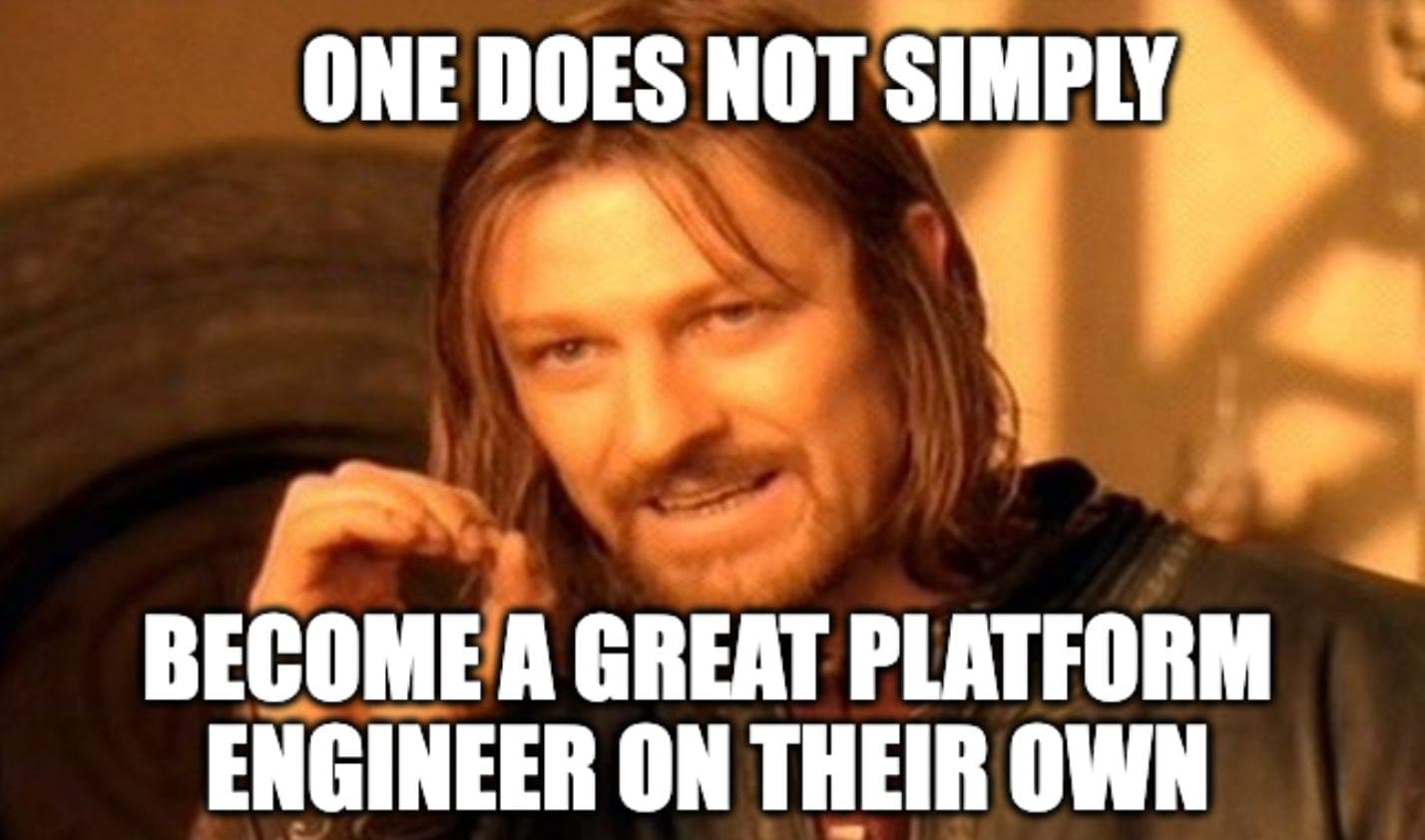Fact: Over 26% of adults in the United States have some sort of disability. To ignore such a massive part of the population would be ill-advised for any company, legally, financially, and above all, ethically. How can you stay ahead of the curve when it comes to maintaining a progressive and responsive organization?
We reached out to two experts - Alwar Pillai and Perry Trinier of Fable – on the topic of designing products that have inclusivity for people with disabilities at their core. Here are the 3 things they think every engineer, developer and product designer needs to know about inclusive design and how it will inevitably affect the future of their companies.
1. Inclusive design has already brought us Alexa, Siri and countless other smart gadgets
Often times people assume that tech companies are driving innovation through focus groups or trying to cater to the average consumer, but that’s not always true. Some of the greatest recent innovations in tech have been found by designing technology to be as accessible as possible to people with disabilities. By keeping the designing process inclusive, you maximize potential for growth.
Alwar Pillai: Each of us today use technology that’s been designed for assistive technology users first, from as simple as an electric toothbrush, which is designed for people with motor impairments, but this is something that everyone uses now… you have voice to text was for people with disabilities again. And now we have... Siri, and Alexa, and like dictation, and all of that existed because it was designed for people with disabilities first, so it is already proven that when you practice inclusive design, and design for the edge cases, there is that broader impact.
2. Inclusive workplace culture draws in better talent
When you put inclusivity and accessibility at the front lines of your work culture and development process, you not only maximize your potential customer base but increase your pool of applicants and make your workforce more efficient. Some of the best talent in the world of inclusive design comes from people who use accessibility technology daily. Maximizing your accessibility to potential employees gives your company the best shot at finding the right person for the job. What does it mean today to build an accessibility first dev culture?
Perry Trinier: I think it's like sort of the opposite of saying that accessibility is an afterthought. In this case, accessibility is absolutely primary. And it's also like a shared understanding on the team that accessibility isn't an extra feature or like a defect that they can backlog. It's just a table stakes dimension of the quality of what they build, and that they kind of aren't finished building what they're doing if it's still inaccessible.
Alwar Pillai: There's a lot of barriers when it comes to trying to build an inclusive team, to just the workplace tools that are out there, you know?... And so we've had to do a lot of... custom workarounds for some things. But it has resulted in every single person in the team understanding the impact of accessibility and taking that extra initiative and make sure whatever they're sharing with... each other internally is easily accessible to everyone.
3. Inclusive design’s influence is set to explode
There seems to be a cultural divide when it comes to inclusivity and many companies are hesitant to make the necessary changes to fuel a more accessible work culture. Making the effort to enact real change is necessary for the health of your business and the respect of the individuals who need accessible technology. More and more individuals and companies are seeing the need to stay current with inclusive design or, better yet, lead the way to establishing new and exciting ways to stay inclusive.
Perry Trinier: I think it's important to invest in helping the team members to build the knowledge and specifically set goals for reports to, for example, complete a course in accessibility. It's an important skill, just like security and performance are for front-end developers. And it should be treated in that same way for professional development. And there are tons of resources online courses on LinkedIn, Udacity. And there are lots of blog posts and talks by experts in the community like Marcy Sutton, and they’re directed to developers, like front-end developers who just need to learn what they need to know to be able to test their interfaces and to build experiences that everyone can use, so I would say that's the place to start is just with building up that capability.
Design is changing… Moving towards a more inclusive future
There is a fundamental gap in what is provided and what is needed for many people who use accessibility technology. The way of the future is to practice an inclusive design culture and keep every person in mind in your design process.
Alwar Pillai: The way we build digital products right now is broken. There is a digital divide between the experiences of people with disabilities and people who are able bodied. And we as people who are part of engineering teams and engineering cultures, it's our responsibility to make sure we change the way we build products and make the process more inclusive, so that more and more people have access to the products that we're building.
If you want to know more about Fable and their ability to help your company evolve and grow while staying accessible to everyone, please visit www.makeitfable.com. Be sure to listen to and review this interview’s podcast and many others on Apple Podcasts, Spotify, Stitcher, YouTube or any of your favorite podcasting apps. Also, be sure to join the Dev Interrupted Discord community where we have conversations about topics just like this going all week long.



